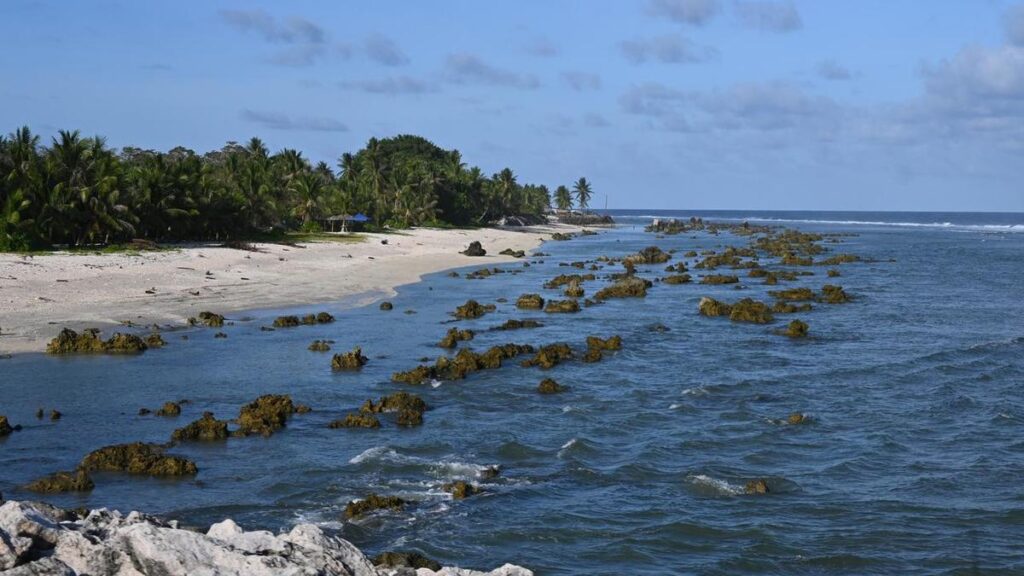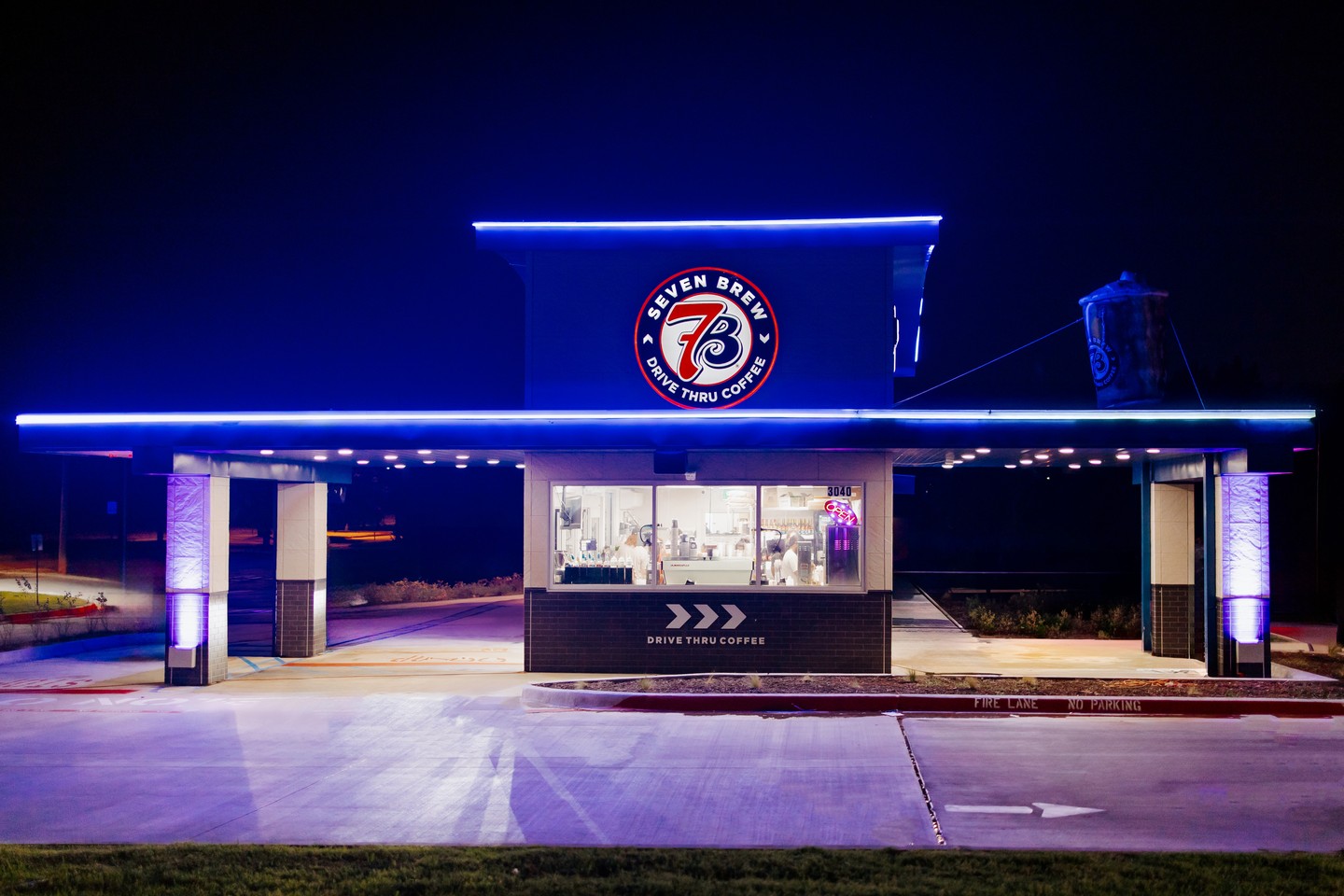
BREAKING: Australia has just signed a controversial agreement with Nauru to deport former detainees who lack valid visas, a move that has ignited fierce backlash from refugee advocates. Home Affairs Minister Tony Burke visited Nauru on October 20, 2023, where he met with President David Adeang and other officials to finalize a memorandum of understanding that includes a staggering payment of $408 million to Nauru upon the arrival of the first deportees.
This deal, which also guarantees $70 million annually for resettlement, has drawn sharp criticism from human rights organizations, particularly following a recent UN report highlighting “systematic violations” of the International Convention Against Torture in Nauru. Advocates warn that the agreement could enable mass deportations without notice, potentially affecting up to 80,000 individuals in Australia.
Mr. Burke stated that the memorandum outlines commitments for the humane treatment and long-term residence of those with no legal right to remain in Australia. He emphasized, “Anyone who doesn’t have a valid visa should leave the country. This is a fundamental element of a functioning visa system.”
However, the Asylum Seeker Resource Centre condemned the agreement as “discriminatory, disgraceful, and dangerous,” noting that it sends a troubling message that certain individuals may be punished solely based on their origins. Deputy CEO Jana Favero expressed deep concern over the implications of such secretive deals for vulnerable populations.
Legal experts like Bethany Rose from the Visa Cancellations Working Group highlighted the potential dismantling of critical legal protections, stressing that many affected individuals have already served their time and are working to rebuild their lives. “We are talking about people’s lives,” she said, urging for a more compassionate approach.
This memorandum comes in the wake of political turmoil for the Labor government, particularly after the release of the NZYQ cohort in 2023, some of whom were charged with further offenses upon their release. The new agreement allows Australia to bypass a recent High Court ruling that prevents indefinite detention without prospects for removal.
In a move to streamline deportations, Mr. Burke recently introduced legislation aimed at enhancing the government’s power to send non-citizens to Nauru. This legislation seeks to circumvent traditional principles of natural justice, which guarantee a fair hearing, particularly when alternative country arrangements are in place.
Mr. Burke noted that these amendments do not eliminate procedural fairness in visa decision-making but are focused on the final steps of the removal process for those already on a clear path to deportation. He defended the measures as necessary to prevent non-citizens from exploiting legal protections to delay their deportation.
As Australia allocates this significant funding—on top of the previously provided $100 million in budget support and $40 million for policing—questions loom over the ethical implications of such agreements and their long-term effects on asylum seekers.
What happens next? The legislation must be debated and passed in the lower house, and its outcome will be crucial for the future of thousands of non-citizens in Australia. Advocates are mobilizing to challenge these developments, and the situation remains fluid as the government pushes forward with its deportation agenda.
Stay tuned for updates on this urgent matter as it continues to unfold.







